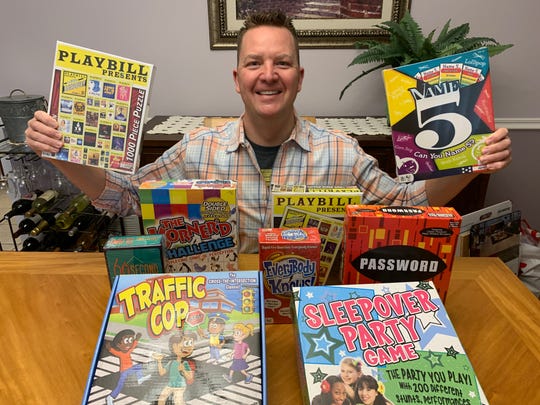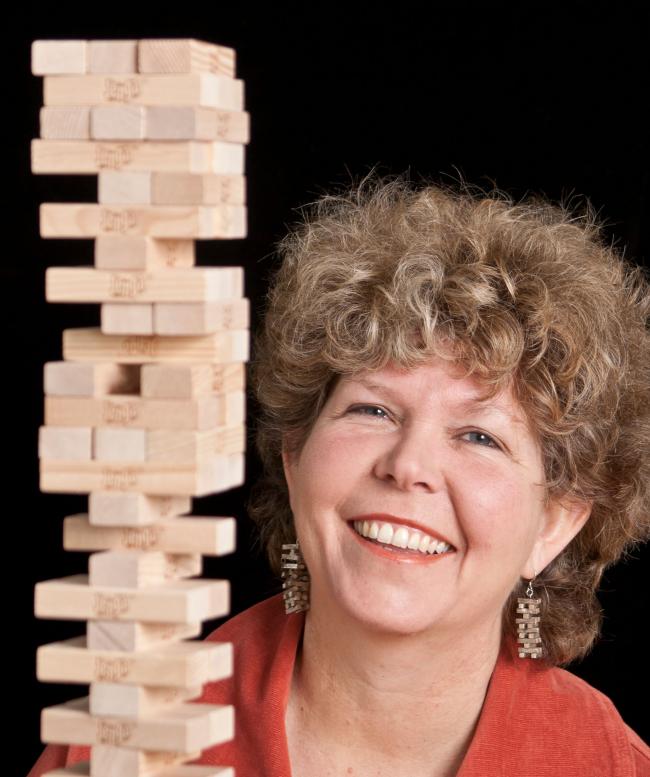Becoming Capable of Democracy through board Games
by SAZ Game Designers Association | 02 Feb 2024
Industry Commentary, Op-Ed

Becoming capable of democracy through board games On the potential of our analog gaming culture
Christian Beiersdorf, Daniel Bernsen, Lukas Boch
The market for board games in Germany is growing continuously. 193,000 game enthusiasts from all over the world visited SPIEL in Essen in 2023. The Spiel des Jahres critics' award is a global accolade for excellent titles. Around 2 million games are borrowed from public libraries every year. There is hardly a household that does not own at least a few board and card games. Overall, the medium of games offers a broad spectrum of content. In September and December 2023, two long articles on games with socio-political themes appeared in the Süddeutsche Zeitung. A good opportunity to take a closer look at the role of analog games in our society regarding the development of democratic skills.
Because board games are not created in a cultural vacuum. Those who develop, design and publish games are always influenced by the respective social contexts. The theses and themes found in analog games have an impact on society and thus contribute to social discussions. This is nothing new for novels and films, and has recently been highlighted in relation to digital games. The two examples from the SZ show in an excellent way how political topics are also negotiated in board games.
Weimar - The struggle for democracy
Our history teaches us how quickly our society can be threatened by anti-democratic forces. The game Weimar - The Struggle for Democracy by Matthias Cramer takes players back to the time of the first German republic. They slip into the role of political parties and have to represent their respective interests. The NSDAP is a constant threat here, which can bring the game to an early end. Daniel Wüllner's conclusion in the SZ: "It is a system that makes it possible to experience political contexts in a playful way." This addresses a central point. Board games allow players to become actors in a game world that always has a connection to reality. In contrast to other media such as films or novels, players can experience their own agency here. This does not happen alone, but with other people around a table.
e-Mission - together against climate change
The themes of the environment and ecology were already present in games in the 1980s, but mainly as part of activist projects. In recent years, the themes of nature and environmental protection have increasingly appeared in titles aimed at a broad audience. One particularly outstanding example is e-Mission. The cooperative board game by Matt Leacock and Matteo Menapace lets us compete together against global warming. We not only have to increase the production of green energy, but also reduce the production of fossil fuels and ensure that forests and oceans bind enough CO2 . Through its rule systems, the game makes it clear that the fight against the real threat of man-made climate change can only succeed if we work together, while at the same time conveying an understanding of possible solutions and options for action in real life.
Playing together as a cultural practice and political act
In the world of games, players' skills are reflected in the way they act and react at the table. The ability to observe and implement rules, considering the respective game situation, requires mental flexibility. Individual starting points play a decisive role here. Skills must be developed and learned: This is precisely where the bridge to democratic skills lies.
Democratic capability means the ability to understand and accept democratic principles and to put them into practice. Fundamental values and principles must be known and recognized.
DeepL-Translaton of the German Artcle, published in Politik & Kultur 02/2024
The promotion of democratic capacity extends across various levels, from education, participation and strengthening civil society to the development of media skills.
Analog games promote democratic skills in a unique way: Anyone who plays board or card games learns, among other things, to understand and accept rules, to use the "playing space" set by the rules and, if necessary, to question individual rules and adapt them through jointly agreed, so-called "house rules". This active engagement with rules promotes democratic thinking.
The joint development of existing rules, the negotiation of ambiguities and the reaching of agreements reflect democratic processes. You have to be able to rely on all players accepting these rules and sticking to them.
Cooperative games reinforce this experience by enabling alternative courses of play through joint decisions. In the game group, at eye level at the table, hierarchies play no role. The direct interaction promotes empathy and the ability to negotiate sanctions when rules are broken. Playing opens spaces in which you can learn to deal with the different reactions and behaviors of your fellow players.
Analog games also have an integrative power that brings people from different backgrounds, generations, classes and interests together at one table. Analog games therefore not only promote skills, but also the exchange between different social groups - a crucial prerequisite for a successful democracy.
In this context, Weimar and e-Mission show how modern board games can simulate complex democratic processes and bring them to life.
Playing analog games together is therefore much more than just entertainment. It promotes democratic skills, creates an awareness of rule structures and enables direct exchange between different individuals. At a time when our democracy needs to be defended, playing games together is therefore not only a cultural practice, but can also be seen as a political act.
Practical consequences
Despite these findings on the beneficial role of analog games for democratic skills, there is often a lack of practical consequences in social practice.
For example, the "Spielen macht Schule" project is supported by all 16 ministries of education and the toy industry, where elementary school can apply to equip a playroom. However, there is a lack of systematic use in all educational institutions and comprehensive public funding. The strengthening of public libraries as "third places" with Sunday opening hours is set out in the coalition agreement. Here, too, analog games can play an integrative role in teaching democratic skills.
In February 2023, the study "Extremely lonely? The democratic relevance of experiences of loneliness among young people in Germany" was published as part of the federal "Live Democracy!" program. It states: "Lonely young people in particular tend to develop anti-democratic attitudes." Libraries, socio-cultural centers, schools and private initiatives offer spaces and multiple starting points for support from the federal, state and local governments. In this context, it would make sense to extend the recently extended culture pass to include the purchase of analog games.
In the field of science, projects such as Empamos at the TH Nuremberg or Boardgame Historian show the untapped potential that lies in the research of analog games - also with regard to their current application possibilities. However, in contrast to over 80 digital games courses, there are no institutionalized courses for analogue games at German universities.
DeepL-Translaton of the German Artcle, published in Politik & Kultur 02/2024
Another element could be the integration of the approximately 160 German publishers of analog games into the cultural and creative industries cluster at the BMWK in order to bring the basis of this cultural asset - including its authors - more into the focus of funding measures.
Analog games are still barely recognized in politics and culture in terms of their social function and despite their growing importance. In addition to the lack of institutionalized support, there is also a lack of a common voice that effectively stands up for this cultural asset and highlights its social potential. A yet-to-be-established Foundation for Analog Gaming Culture could contribute to this and thus also strengthen democracy in our country.
—-----------------------------------------------------------------------
Christian Beiersdorf is Consultant for intellectual property issues and public affairs at the Game Designers Association (SAZ).
Daniel Bernsen is a game author and currently works as a high school coordinator and teacher of history and Spanish at the German School Mexico City West.
Lukas Boch is a historian at the University of Münster and is doing his doctorate there on the staging of the Middle Ages in modern board games. He is a founding member of Boardgame Historian.
This article was first published in the newspaper Politik & Kultur 02/2024 of the German Cultural Council.
Recent Blogs
Recent Blogs

Industry Commentary, Op-Ed
York-Jersey Underwriters’ Celebrates 100 years in Business!

Biographies and Interviews
Kevin Brougher talks Learning Games, Reindolphins and His Style of Music
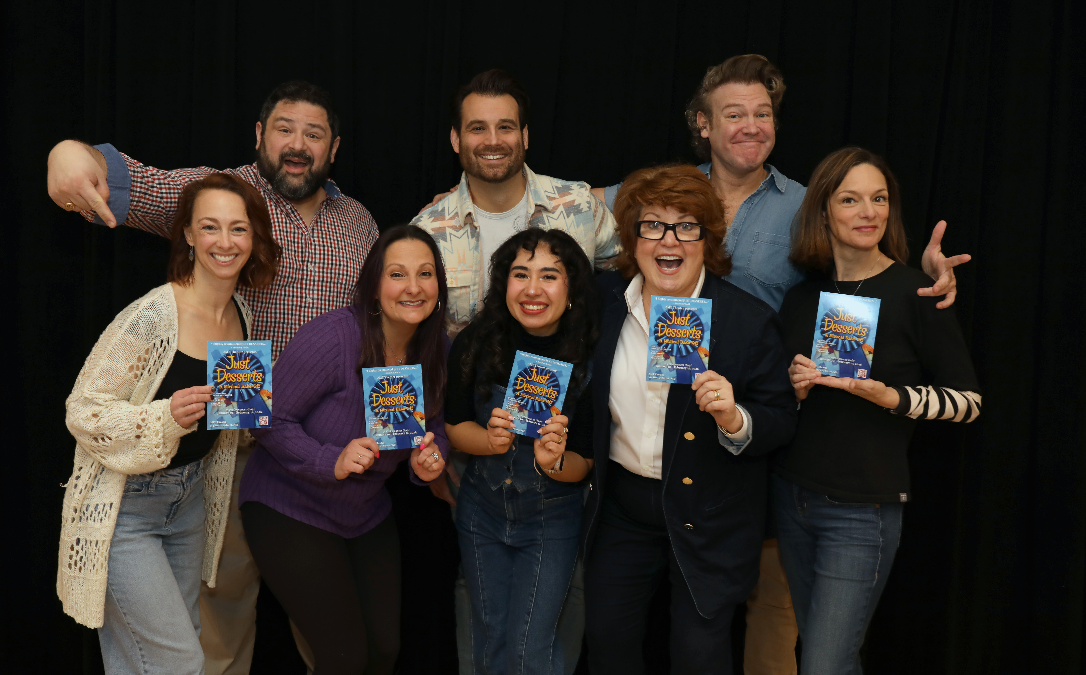
Biographies and Interviews
Inventor Brad Ross on his off Broadway Play, JUST DESSERTS: A Musical Bake-Off
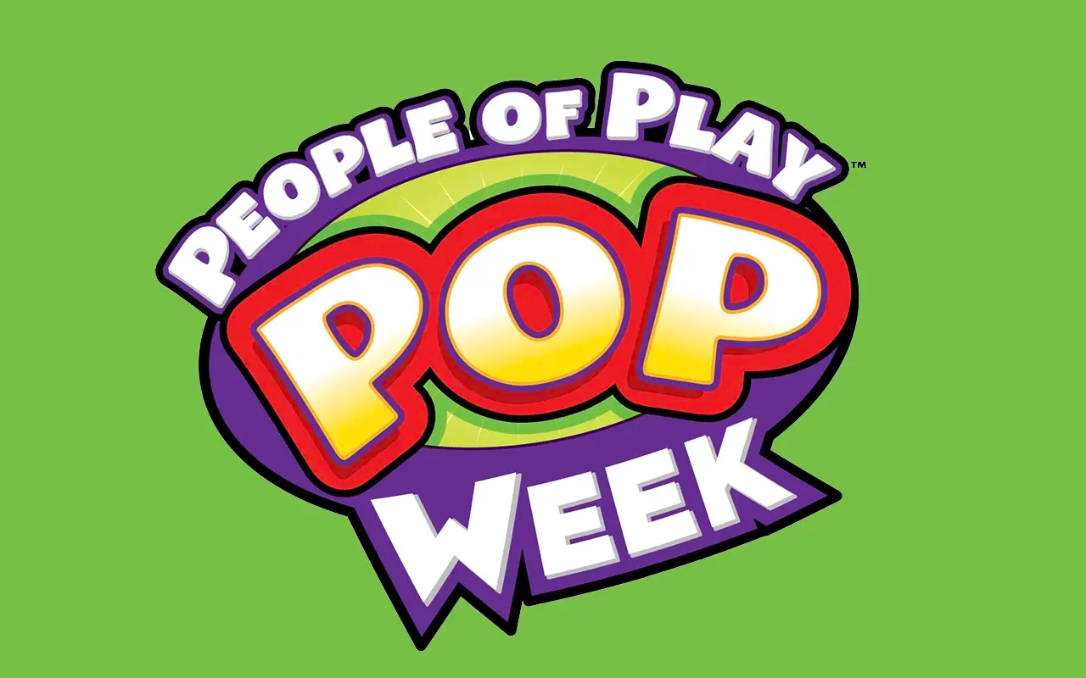
Press Release
People of Play™ Announces POP Week 2026 Dates, Returning to Chicago November 5-8

Biographies and Interviews
Interview on “One! The Evolution of Civilization” by Jay Horowitz – January 2026
See more
Recent Wiki

BOOK REVIEWS
Game Review: Cats & Boxes

PEOPLE
Ana Maria, Founder of The Magical Underland Inc., Rings in the Holidays with a new kind of Christmas Tree
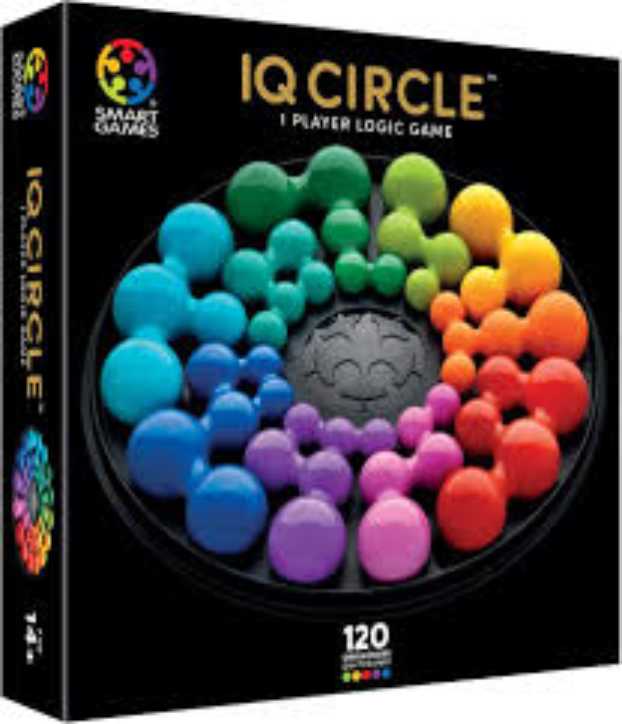
BOOK REVIEWS
Game Review: IQ Circle

PEOPLE
Catching up with Eric Olsen, The Inventor of Flip 7 and Co-Creator of Messy Table Games

BOOK REVIEWS
Book Review: Happytecture by Anna Devís & Daniel Rueda
See more
POP's Got Talent

POP Entertainment
Randy Klimpert Shares his Ukulele Collection
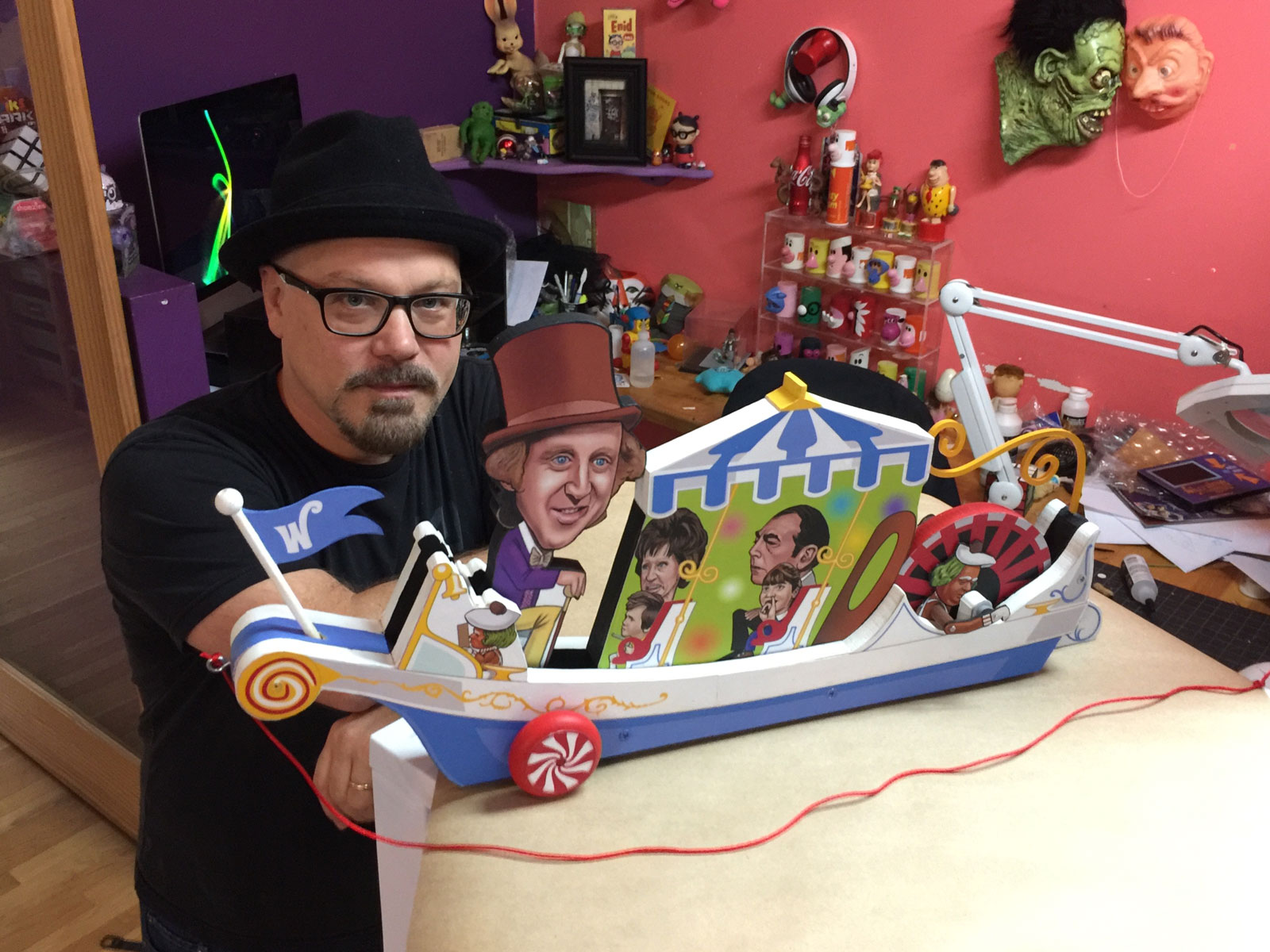
POP Entertainment
Steve Casino Peanut Art
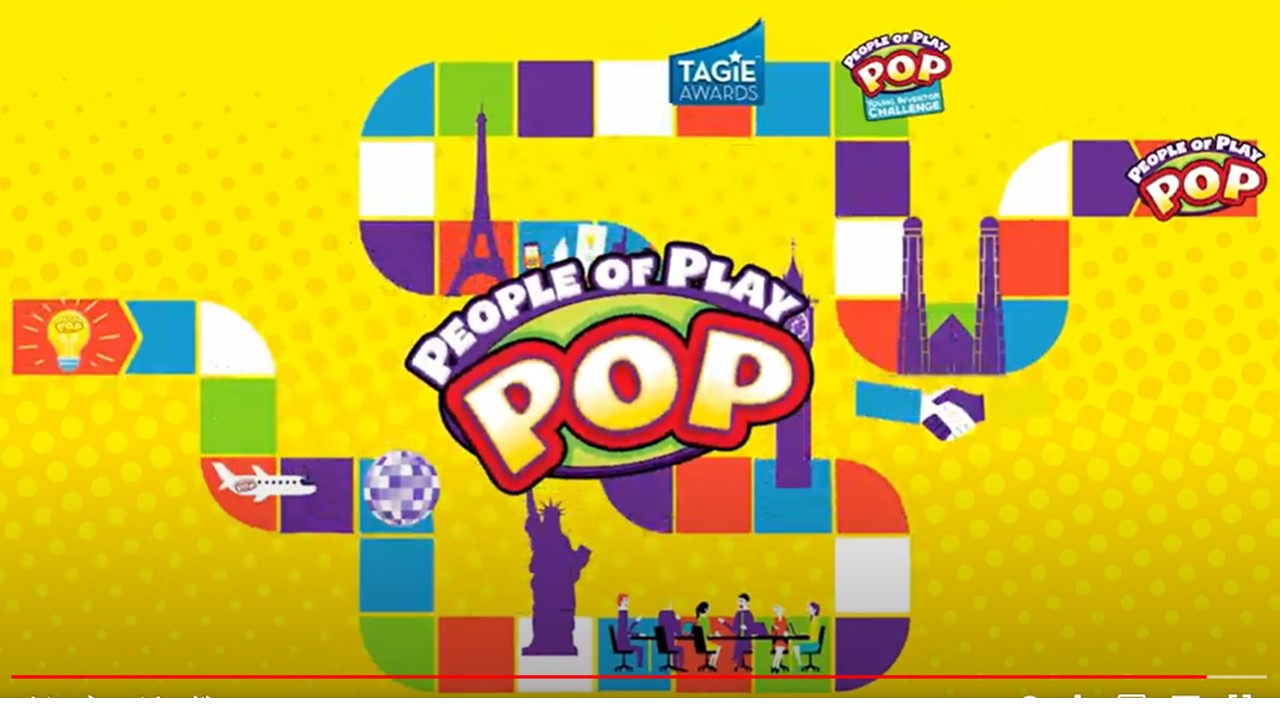
POP Entertainment
Everyone's Talking about POP!

POP Entertainment
Princess Etch - a Multi-Talented Etch A Sketch Artist

POP Entertainment
Joseph Herscher of Joseph' s Machines.
See more
Recent POPcast
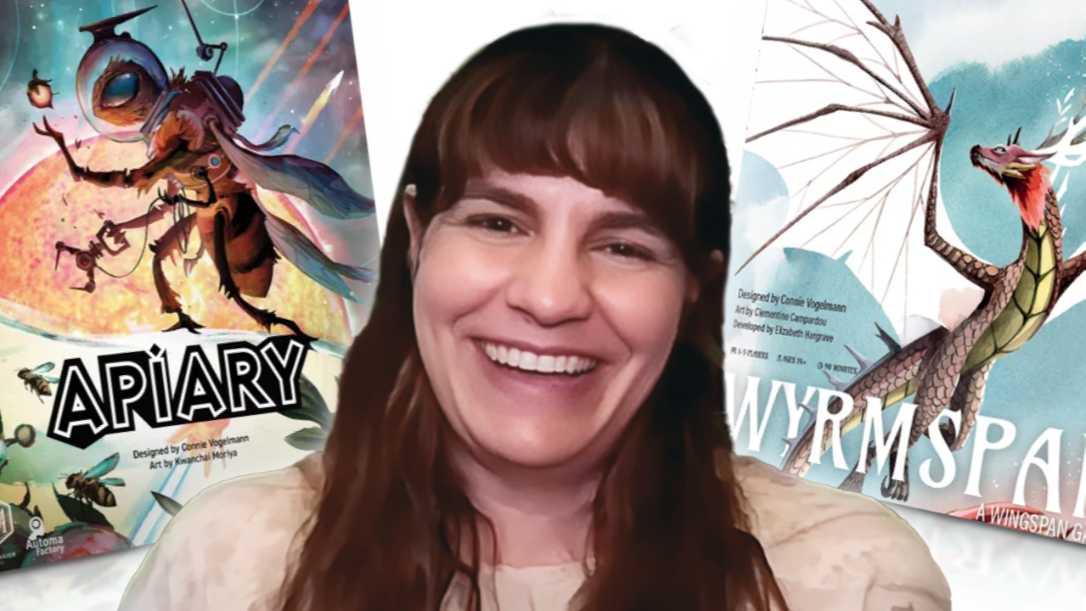
Hidden Role: The Brains Behind your Favorite Games
Connie Vogelmann designed Apiary & Wyrmspan!

Hidden Role: The Brains Behind your Favorite Games
Bob Fuhrer... Is THE Crocodile Dentist!

Hidden Role: The Brains Behind your Favorite Games
Tom Dusenberry... Bought Atari, Wizards of the Coast, and Avalon Hill!

Hidden Role: The Brains Behind your Favorite Games
Matt Leacock created Pandemic... the game!

Hidden Role: The Brains Behind your Favorite Games
Scott Brown and Tim Swindle... are Launching a New Sport!
See more
POPDuos

POPDuos: Interviews with Legends and Leaders
POPDuo: Richard Dickson, Mattel’s President & COO, and Kedar Narayan, Young Inventor Challenge AMB

POPDuos: Interviews with Legends and Leaders
POPDuo: Will Shortz and Josh Wardle

POPDuos: Legends and Leaders Explore Creativity
POP Duo: Elan Lee, Co-Founder, Exploding Kittens.and Jeff Probst, Host and Exec Producer, Survivor

POPDuos: Legends and Leaders Explore Creativity
POP Duo: David Fuhrer, MNG Director, Blue Sq Innovations & Shawn Green, past Dodgers & Mets MLB Star

POPDuos: Legends and Leaders Explore Creativity
POP Duo: Bob Fuhrer, Founder, Nextoy and Tom Fazio, Golf Course Designer
See more








